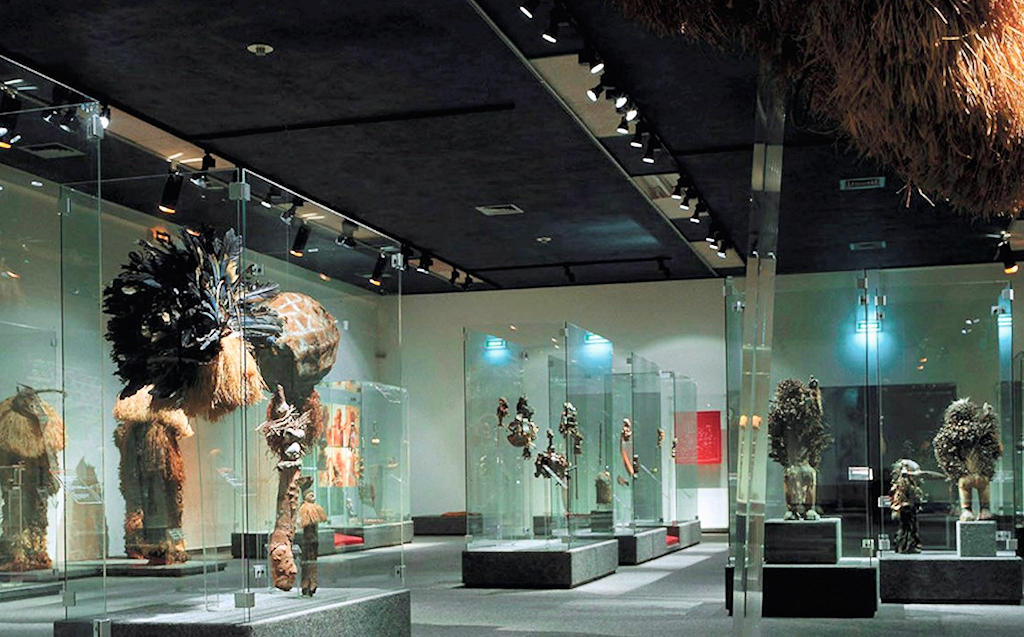The second nucleus of ethnographic collections stems from the Popular Art Museum (Museu de Arte Popular), which contributed 11,600 pieces to the National Museum of Ethnology. These items were primarily acquired during propaganda exhibitions held by the Estado Novo regime in the 1930s and 1940s. While distinct from the collections amassed by the National Museum of Ethnology, they provide unique insights into the cultural milieu of the time. However, due to the nature of their acquisition, the level of information regarding their origin and context may vary.
In 2007, the collections from the Popular Art Museum found their new home within the National Museum of Ethnology, resulting in the merger of the two institutions in 2012. This union created a singular museological unit, effectively integrating the diverse heritage represented by both museums. The consolidation of these collections enables visitors to explore the multifaceted nature of Portuguese cultural traditions and offers a broader perspective on global ethnographic diversity.
Lisbon.vip Recommends
The National Museum of Ethnology stands as a testament to the remarkable cultural tapestry woven by diverse communities around the world. Its mission extends beyond preservation and display; it actively engages in research, education, and public outreach programs to promote a deeper understanding and appreciation of cultural heritage. Through exhibitions, lectures, workshops, and other events, the museum provides a platform for dialogue, fostering cultural exchange and cross-cultural understanding.
As visitors explore the halls of the National Museum of Ethnology, they embark on a journey through time and space, encountering artifacts, traditions, and beliefs that have shaped human societies. From intricately woven textiles to ceremonial masks, musical instruments to traditional tools, the museum offers a window into the vibrant tapestry of human creativity and ingenuity.
Map View



